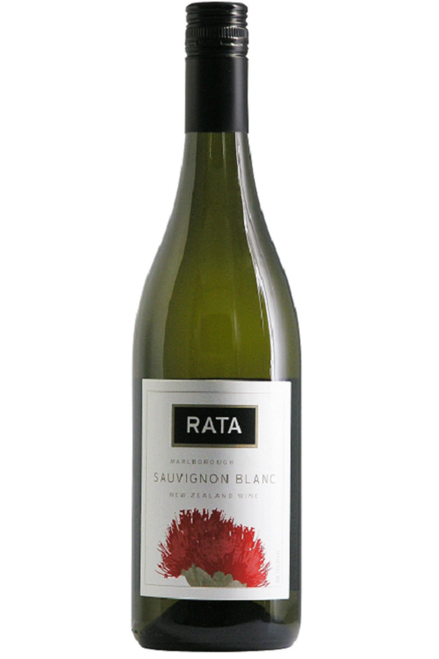Blind tasting wine is fun, a great deal of fun! But is it only a geeky parlor game?
Blind tasting is a sensory and intellectual exercise, in which tasters attempt to identify everything about a wine without seeing the label or the bottle; provenance, vintage, varietal makeup, quality, production methods, price, state of maturity, ageability, faults (if any), suitability for specific occasions – in short, a complete understanding. This is very difficult to do and requires concentration, experience, a good memory, an enquiring mind, and of course, palate, visual and olfactory health. Given the myriad possibilities in your glass, a substantially correct identification of a wine is an achievement, not without a fair degree of excitement.
Of course, there is a serious practical side to blind tasting; it keeps you honest! We are all swayed by our perception of a grape variety or blend, a wine region, a famous producer, a celebrated vintage, a price and, even with best intentions, it is difficult to avoid bias. This is the reason that most wine competitions serve the wines at least partially blind to the tasting panel. For example, the panel may be told grape variety and price range but nothing else. This forces the judges to concentrate on quality, the key attribute as far as the consuming public is concerned. Today, certain wines have become very expensive. Take classed growth Bordeaux for example, where the first growths can sell for $1,000 or more per bottle. Are they worth the money in sheer quality and pleasure terms? From time to time I will buy these kinds of wines but I very rarely ever just open and consume them. I buy other wines at different price points, such as lesser growth Bordeaux wines or Bordeaux blends from other regions and I arrange a blind tasting of say, at least 8 – 10 wines. This is a lovely exercise; you get to taste all the wines blind with colleagues who will share the costs. You get some consensus on the quality of all the wines and an idea of whether the most expensive wines justify their price on purely quality terms. Scoring the wines on a 100 point or 20 point scale is a useful exercise but is not linear. Let’s say a $32 wine scores 16 points; that does not mean that a $40 wine will achieve 20 points or perfection! The higher up the points scale you go the higher the prices and the slope is exponential. Expect a 19 point wine to be an order of magnitude more expensive than an 18 point wine. So, if your first growth Bordeaux really is the best of the best and approaches perfection, perhaps the $1000+ price tag is reasonable!
So, can anyone be a good blind taster? The answer is a qualified ”yes”. Presuming that you are healthy with no palate, olfactory or visual issues, then anyone can become a good blind taster. The key is passion! To really be good, the taster has to care about, and be fascinated by, slopes, clones, vineyards aspects, climate, vintages; in short, a host of details that have normal mortals shaking their heads and rolling their eyes and saying the taster should “just get a life!”
When I select wines for you dear readers, I am very rarely given the opportunity to taste blind. However, I make notes for each wine and allocate scores. When I settle down to making my selections, the notes bring back the tasting experience and the scores allow me to compare competing possibilities. Also, if a producers wines all have high scores, I feel confident that I am selecting an excellent producer and not just one who got lucky with one or two wines!
So yes, blind tasting is an excellent parlor game but it also keeps us honest, forces us to concentrate on the wines and leads us to greater knowledge and understanding.
Want to taste a wine that is not too difficult to identify blind?
Click on the bottle below.
Selected by Peter Koff MW
.
Want to receive complimentary educational posts via email?
Please subscribe below.
Copyright © 2018 GreatWine2U.com. All rights reserved.


